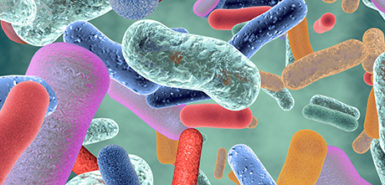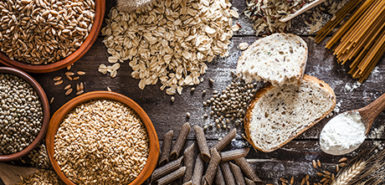
Fermentation is a unique blend of science and art.
It’s a long-standing tradition of preserving food in cultures all over the world—and it’s also a creative way to produce interesting flavors beyond what regular cooking provides.
While fermented foods offer many nutritional benefits, this alone isn’t always enough to convince us to eat or drink these concoctions regularly.
What’s a compelling way to get someone to eat a type of food regularly? Make it taste good.
With fermenting, you can be creative and explore new flavor combinations that make foods appealing and exciting.
If you’re unaccustomed to eating or drinking fermented foods beyond the ever-present yogurt, this can be an adventure into new territories.
Bacteria and yeast
Fermented foods and probiotics have been growing in popularity over the past several years.
And with good reason.
In today’s society, our food is being sterilized by antimicrobial agents and preservative chemicals that extend shelf life.
But we have come to realize that bacteria and yeast can actually benefit us.
While certain bacteria and yeast strains are harmful and do indeed require the use of antimicrobial agents, fermentation encourages the growth of good-for-us bacteria.
When we consume fermented foods, we benefit from the live cultures growing within the product.
We also benefit from changes made to the food itself. This includes the pre-digestion that occurs with fermented beans such as tempeh, or with grains such as sourdough.
Fermentation can also make some nutrients more prevalent, including B vitamins.
Digestive aid
Probiotics are living microorganisms found in foods, beverages and supplements.
Consumption of probiotics—either through food or supplementation—can keep the bacteria in our digestive tract both abundant and diverse.
The health of our digestive system is central to our overall health. Much of this depends on the quality of the bacteria living inside us.
Our intestinal bacteria aid in digestion, nutrient absorption and regulation of bowel movements. Bacteria also synthesize certain vitamins, boost our immune system and prevent the growth of harmful bacteria.
How can you add more fermented foods to your diet?
Miso, tempeh, sauerkraut, kombucha, yogurt and kefir—all fermented items—can deliver great taste along with substantial benefit.
 /a>
/a>
 /a>
/a>
 /a>
/a>